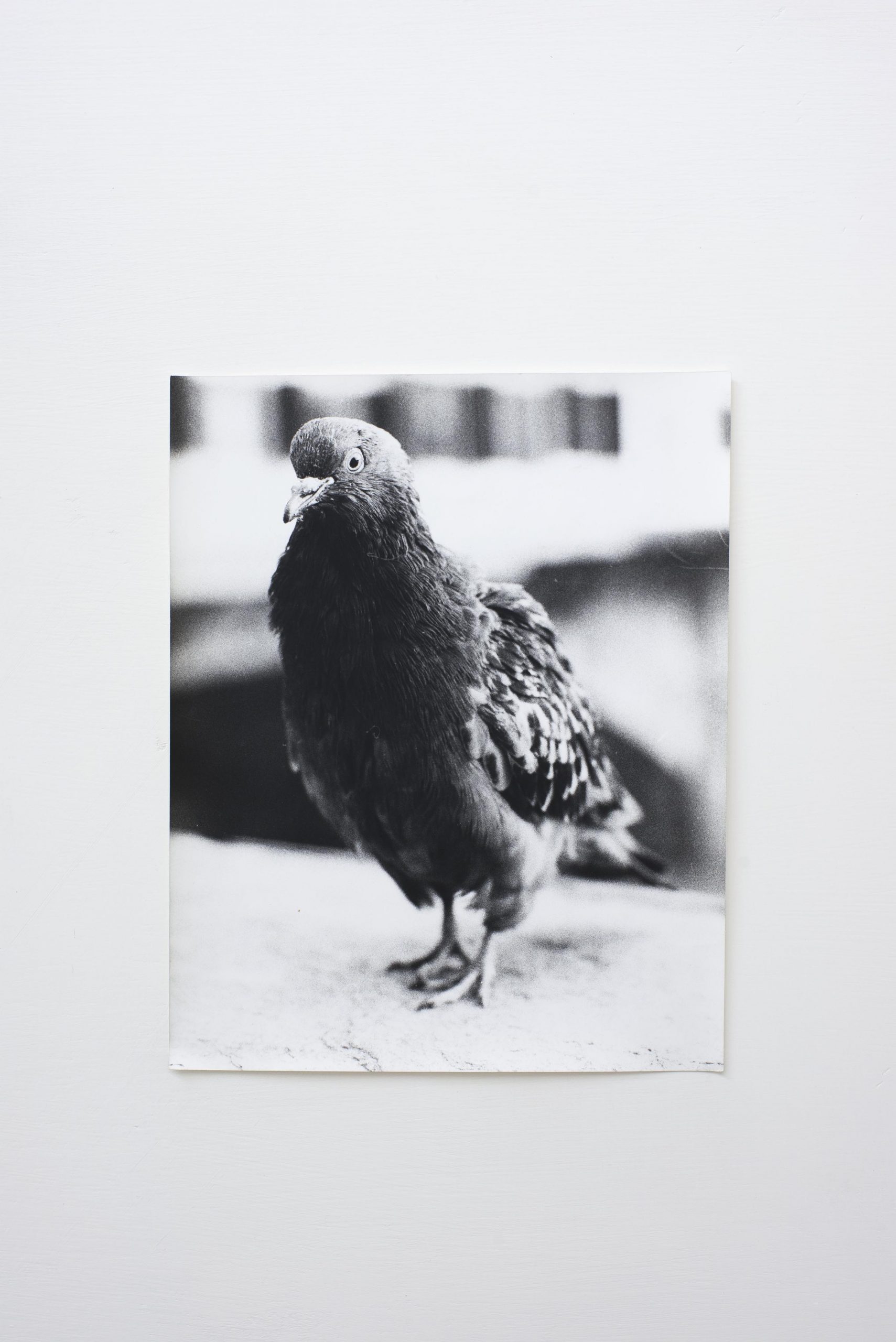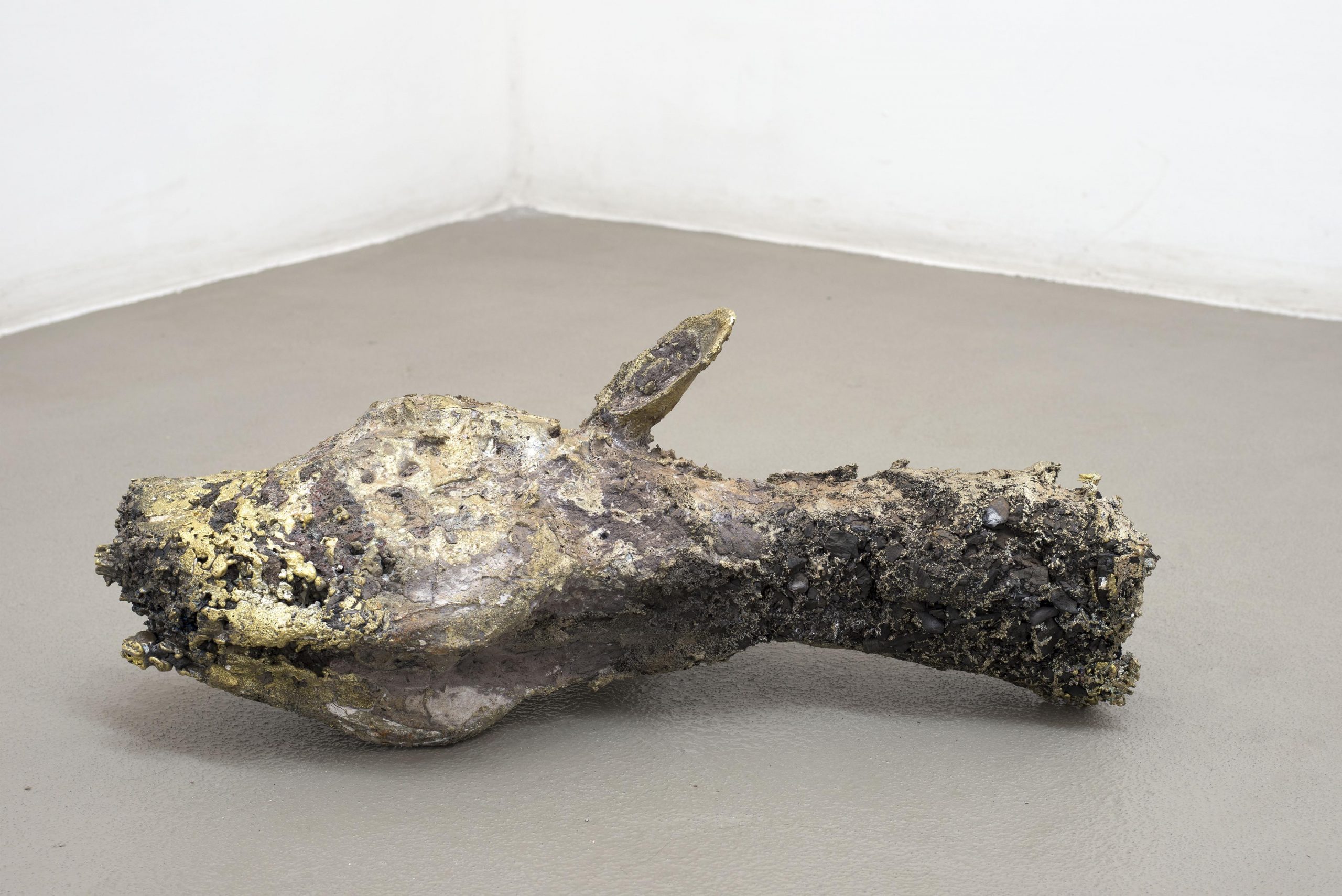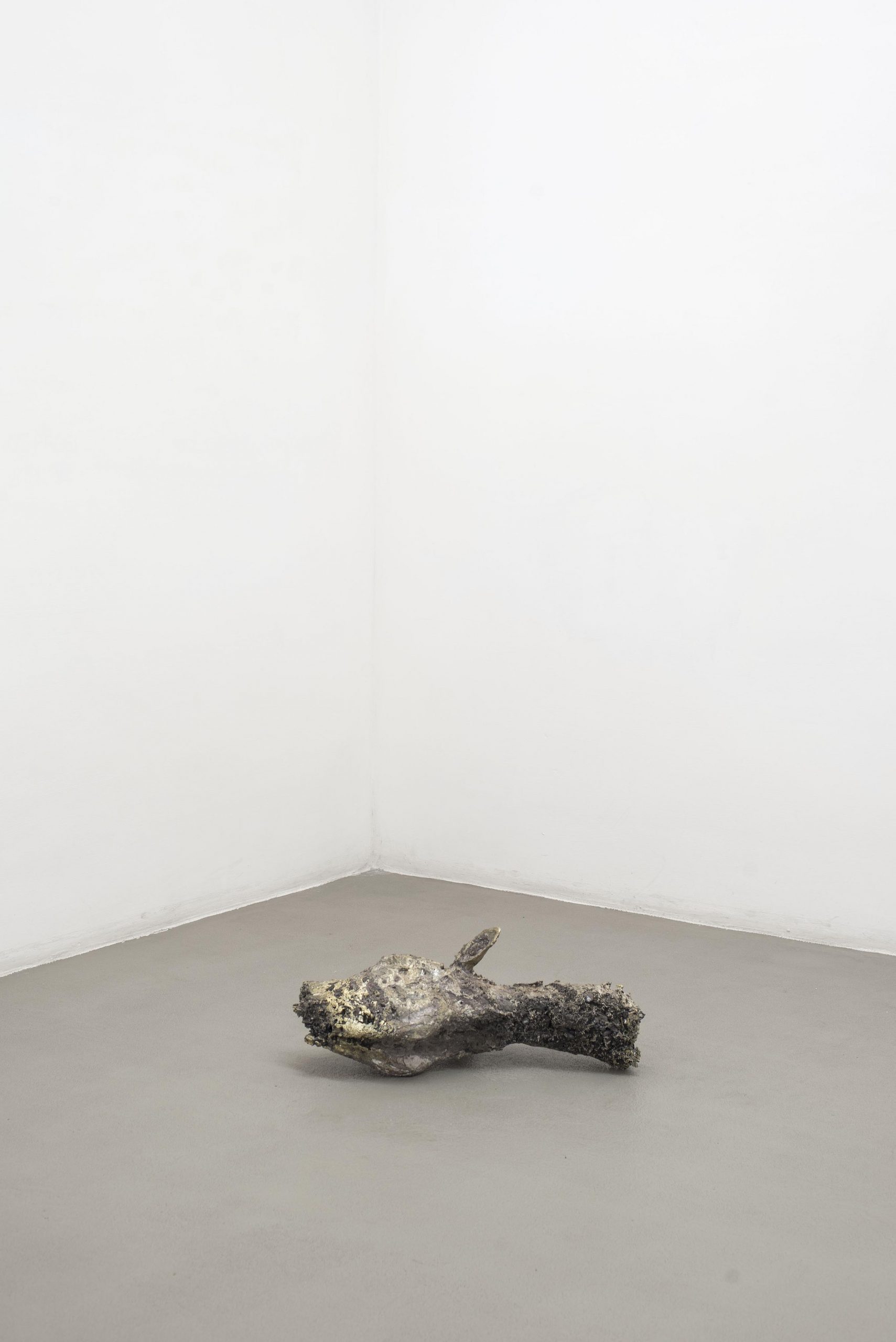‘The Registry of Promise’ is a series of exhibitions that reflect on our increasingly fraught relationship with what the future may or may not hold in store for us. These exhibitions engage and play upon the various readings of promise as something that simultaneously anticipates a future, its fulfillment or lack thereof, as well as a kind of inevitability, both positive or negative. Such polyvalence assumes a particular poignance in the current historical moment. Given that the technological and scientific notions of progress inaugurated by the enlightenment no longer have the same purchase they once did, we have long since abandoned the linear vision of the future the enlightenment once betokened. Meanwhile, what is coming to substitute our former conception would hardly seem to be a substitute at all: the looming specter of global ecological catastrophe. From the anthropocentric promise of modernity, it would seem, we have turned to a negative faith in the post-human. And yet the future is not necessarily a closed book. Far from fatalistic, ‘The Registry of Promise’ takes into consideration these varying modes of the future while trying to conceive of others. In doing so, it seeks to valorize the potential polyvalence and mutability at the heart of the word promise.
Taking place over the course of approximately one year, ‘The Registry of Promise’ consists of four autonomous, inter-related exhibitions, which can be read as individual chapters in a book. It is inaugurated by ‘The Promise of Melancholy and Ecology’ at the Fondazione Giuliani, which will be followed by ‘The Promise of Multiple Temporalities’ at Parc Saint Léger Centre d’art contemporain, then ‘The Promise of Moving Things’ at Centre d’art contemporain d’Ivry – le Crédac, and will conclude with ‘The Promise of Literature, Soothsaying and Speaking in Tongues’ at SBKM/De Vleeshal.
Part one, ‘The Promise of Melancholy and Ecology’, addresses our increasingly forlorn and conflicted relationship with nature. Like so many Freudian melancholics, we are, it seems, unable to properly mourn the loss of something we can only imperfectly and incompletely grasp – nature, or our conception of it – because we can no longer separate it from our own egos. Thus this exhibition explores our perception of nature as something remote, largely of the domain of the unrecoverable past, and which can only be represented through extinction, as in the photos of Jochen Lempert of the Alca Impennis, or the Great Auk, which went extinct in the middle of the 19th century. Over the course of the past twenty years, Lempert has photographed 35 of the 78 extent examples, which can be found in natural history museums all over the world. The harrowing bronze and carbon sculptures of truncated animals by the French artist Jean-Marie Perdrix, which are made with the lost wax technique, speak to a similarly bygone intimacy with nature, but one whose infernal indexicality cannot but directly evoke Pompeii. The Belgian artist Peter Buggenhout’s tenebrous detrital assemblages tend toward a revised conception of the so-called natural by investing industrial materials with a quasi-organic quality. Finally, Dutch artist Marie Mul’s dark resin puddles, occasionally inflected with cigarette butts and plastic bags, assume a disturbing cogency in this context, as if they were the only plausible fluids available to our increasingly desolate conception of nature. And yet for all its apparent gloom, the work in this exhibition nevertheless collectively gestures toward the possibility that our perception of what it seeks to preserve, as opposed to mourn, might be less flexible than nature itself.
Curated by Chris Sharp with controbution by Peter Buggenhout, Jochen Lempert, Marlie Mul and Jean-Marie Perdrix.
‘The Registry of Promise’ is a co-production of Fondazione Giuliani, Parc Saint Léger Centre d’art contemporain, Centre d’art contemporain d’Ivry – le Crédac, and SBKM/De Vleeshal.
The project is part of PIANO, Prepared Platform for Contemporary Art, France–Italy 2014-2015, initiated by d.c.a / French association for the development of centres d’art, in partnership with the Institut français in Italy, the French Embassy in Italy and the Institut français, with the support of the French Ministry of Foreign Affairs and International Development, the French Ministry of Culture and Communication and Fondazione Nuovi Mecenati.














